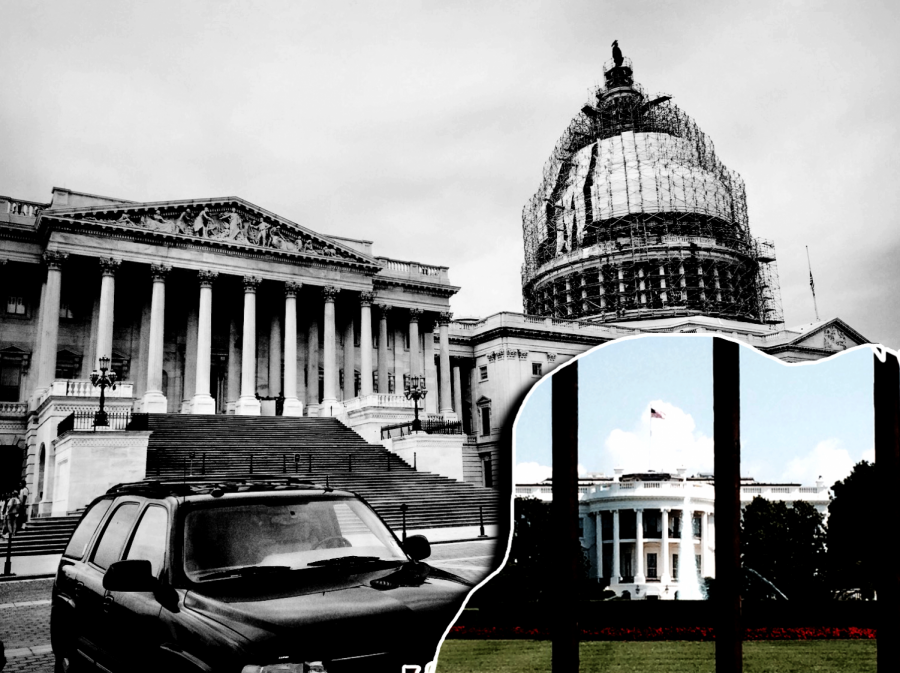A culture of cynicism
Our negative perceptions of the government have lowered our standards for politicians.
September 12, 2019
The year was 1971. Michael Jackson crooned over a backdrop of stagflation and flagging progressive values. A resurgence in conservatism emerged as a response to the sex, drugs and rock n’ roll of ‘60s culture, ready to re-elect president Richard Nixon in one of the largest landslide elections in American history. Public opinion of American politics was about to change forever.
In rapid concession, any delusions about the transparency of the government were shattered. In June of 1971, reporter Daniel Ellsberg released the “Pentagon Papers” to the nation on the front page of the New York Times. In June of 1972, Albert Lewis published an article titled ‘5 Held in Plot to Bug Democrats’ Office Here’ for the Washington Post, propelling the Post into a two year-long investigation into the administration of Nixon, ending with the revelation of Nixon’s involvement in the Watergate Scandal and his secret recordings of the White House.
Thus, with the resignation of Nixon, a culture of American cynicism was born. No longer was the government a trusted institution with the best interests of its citizens at heart, but a corrupt facade to hide morally questionable procedures. The innocence of a nation, shattered.
So, what? Is it a bad thing to cautiously guard our once easy trust? Is it bad that only 17% of Americans believe they can trust the government to do what’s right, as opposed to 77% in the ‘60s under John F. Kennedy? Maybe not. Maybe it’s good that we’re protecting ourselves from another shock like Richard Nixon. Maybe it’s good that we’re willing to speak out against corruption and against the people leading our country. After all, shouldn’t we want our politicians to be serving in the best interests of America?
And yet, in the 2016 election, our two candidates for president were among the most distrusted people in the U.S. We saw them as liars, as unethical and as absolutely deceptive. Our current president has been under investigation for the majority of his term. The public, as voters, have a duty to elect to the presidency the best possible candidates, but in 2016, our lack of faith in democracy led us to put too little stock into the race. Our negative perceptions of the government have lowered our standards for politicians. While it’s true that nobody can be 100 percent squeaky clean, we’ve come to expect dirty politicians who twist the system to their own gain. But that’s not what we should be accustomed to. Nobody would want their surgeon digging around with black market tools and used gloves, so why are we okay with politicians that dig around our country with misguided intentions?
The year is 2019. With the approach of this new decade, I think it might be time for us to change our mindsets and let go of some of our cynicism. So, our government is corrupt. But we’re not going to fix that by sitting around and complaining about it. If we want a government that we can trust, we have to put some stock into electing candidates that might actually make a difference, and that means we have to raise our standards for politicians and give some credence to people who really do care. If we’re trying to avoid another Nixon, here, we should not be electing people more crooked than he.









